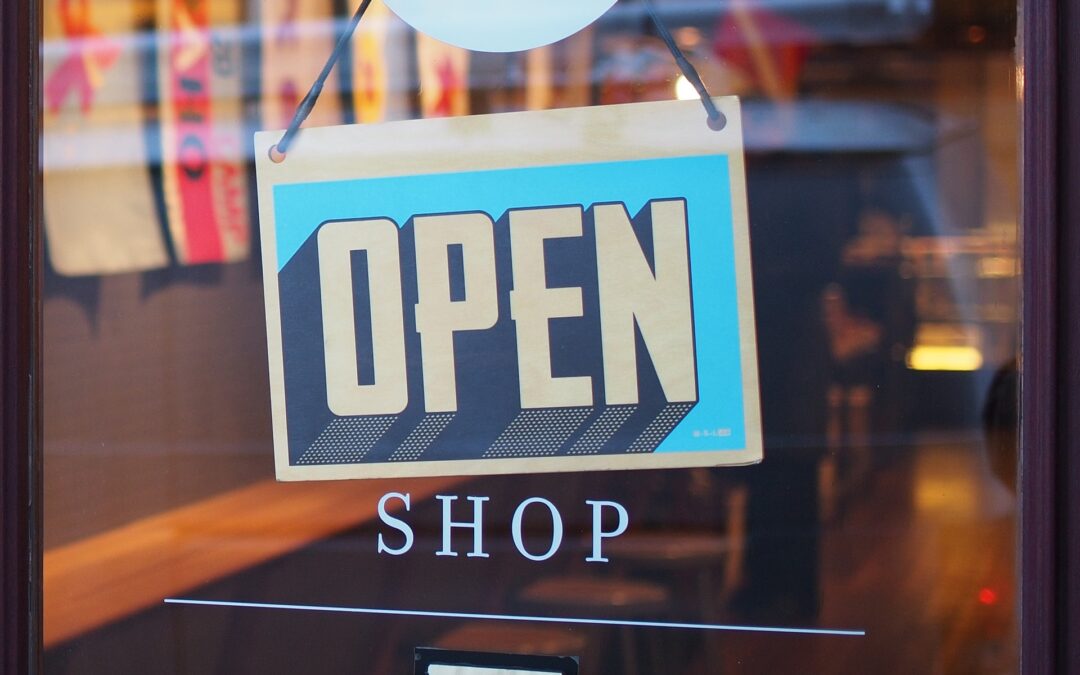A startup cost can be any money or capital which you spent to get your business off the ground. For example if you’re a starting a website development company then your startup costs would include computers, desks, chairs and various software etc.
If you want your costs to be tax deductible then these costs must come up after your business’ official start date.
The Start Date
In simple terms this is the day you show an “intent” to start a business. This doesn’t have to be your first official day in business. Some examples of intent to start a business include
- When inventory is purchased
- When the business is first advertised
- When negotiations started on the first contract
- When construction of the premises began
- When employee training started
Keep in mind that any expenses incurred before your start date won’t be considered as a business expense and they won’t be tax deductible.
Suppose you purchased a desk before starting the business. This purchase would not be a business write-off since you had the desk before your the start date.
Costs Which Can be Claimed
These costs can include any reasonable expenses for things that your business needs to get started. Remember, personal expenses are not included.
Here are some expenses which you can claim later on.
- Insurance
- Office Supplies
- Telephone and Utility bills
- Vehicle expenses
- Business tax, fees, licenses and dues
- Advertising
- Accounting, legal and professional fees
The Canada Revenue Agency (CRA) advises that in order to claim an expense on your income tax you should have carried on the business in the fiscal year in which the expense was incurred.
Transferring Assets to Your Business
Although you can’t write-off that desk you bought as a business expense because you got it before starting your business, you can transfer ownership of that desk to your business and then claim it on your tax return.
Remember that when you transfer assets like this, you need to do so at their fair market value. Later on you can update this amount as the asset depreciates.
Fair Market Value
For sole proprietorships, transferring assets at fair market value to the business means that the CRA will consider you to have sold the asset to the business at a value equal to the fair market value at that time. This is the value that you will add to the Capital Cost Allowance schedule for income tax purposes. If this amount is greater than the purchase price, you will have to report a capital gain on your income tax.
When you transfer assets to a partnership or a corporation, you can do so for an elected amount. This can be different from the fair market value as long as some conditions are met. This amount then becomes your proceeds for the asset or property transferred as well as the cost of the property to the partnership or corporation.
Be sure to consult with a licensed public accountant (LPA) and find out what other costs you can deduct when starting a new business.
The team at Syed A. Raza Professional Corporation can also help you in this matter. Contact for a free consultation.

